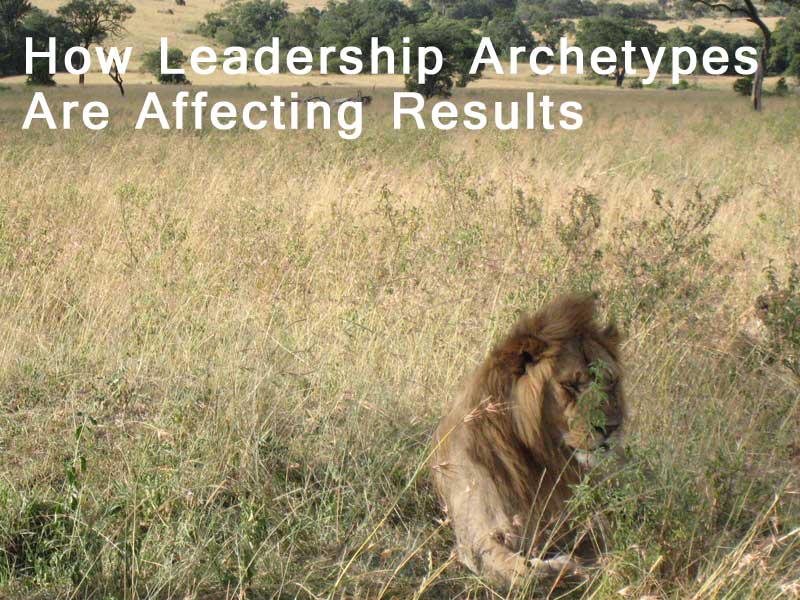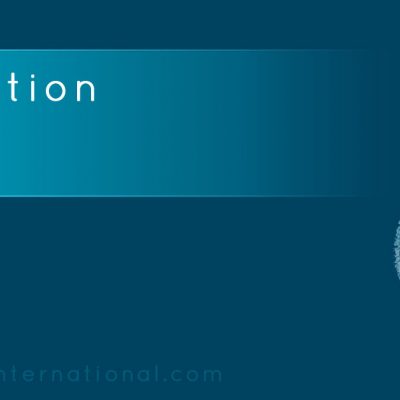
When you think of leadership, what archetype comes into your mind?
Pause for a moment and consider what comes up for you. An archetype might be represented by a person, an animal, or a symbol. When you think of leadership, what archetype comes into your mind?
You may wish to make a few notes for yourself about what this archetype tells you about leadership before you continue on with today’s post.
Over more than a decade and in dozens of countries spanning 6 continents, we have had the opportunity to work with leaders. To explore this question of what archetypes represent leadership. And to explore what the impact of that archetype has on how the person experiences leadership.
The most common archetype has been the lion. Specifically the male lion. We have a picture in our collective consciousness of Simba from the Lion King standing atop a pointed rock overlooking his domain. I am not sure if Disney with its emphasis on the male lion as a leader influenced this archetype, or if the archetype was already universal and Disney just capitalized on this…I only know that it is deeply influential as an archetype about leadership.
Another common and related archetype associated with leadership is the archetype associated with ‘father’. The association may be one to a benevolent father, an abusive father, an all knowing father, and often relating to the experience that a person has to his or her own father.
People consciously, or more often subconsciously, align their beliefs with an archetype when they think of leadership. These chosen leadership archetypes then have a direct effect on performance, morale, and results.
Think for a moment.
What is the experience when we expect our own leadership (of our lives, at work, in our communities) to meet the expectations we have set according to the leadership archetype we have aligned our beliefs with? What happens to our self confidence in our leadership when we cannot perform in accordance to the archetype?
What is the experience when we expect our formal leaders to behave according to a particular leadership archetype that we hold to be true? How should a formal leader behave according to the archetype of the male lion? According to the archetype of the benevolent father? Or the abusive father? And what happens if they don’t perform in accordance to the archetype? What happens to performance, morale, and results in the organization?
How might these reflections impact your own understanding of leadership?
In our work, we have had conversation with hundreds of leaders around the world about the leadership archetypes that resonate with them the most. In our recent world tour of workshops Genuine Contact Way: Nourishing a Culture of Leadership, we continued the exploration about leadership archetypes with hundreds of participants in seven countries.
Our experience shows that:
- Everyone we interviewed or listened to in a workshop had an alignment with a leadership archetype that was influencing their life and work results.
- The chosen leadership archetype was almost never in the conscious awareness of the person.
- Once brought to conscious awareness, people were generally surprised and had a number of insights about how the leadership archetype was influencing their lives, work, their perception of the formal leaders at work, and the perception of what they expected from leadership.
- The people interviewed could make direct linkages of results in their work from the leadership archetype to which they had aligned themselves.
- The topic of leadership is not an emotionally neutral topic. In fact, emotions, sometimes strong emotions are evoked that often surprised the people expressing them.
- These findings held true in our interviews and workshop participant experiences in Canada, USA, Austria, Switzerland, Germany, Sweden and Norway with no discernible differences between cultures.
We will continue to take this conversation about leadership archetypes into all of our teachings, coaching and consulting work. We believe that developing awareness about leadership archetypes and how these archetypes can affect results in organizations is a critical conversation.
Photo Credit: Chadica on Flickr










Leave a Reply
You must be logged in to post a comment.